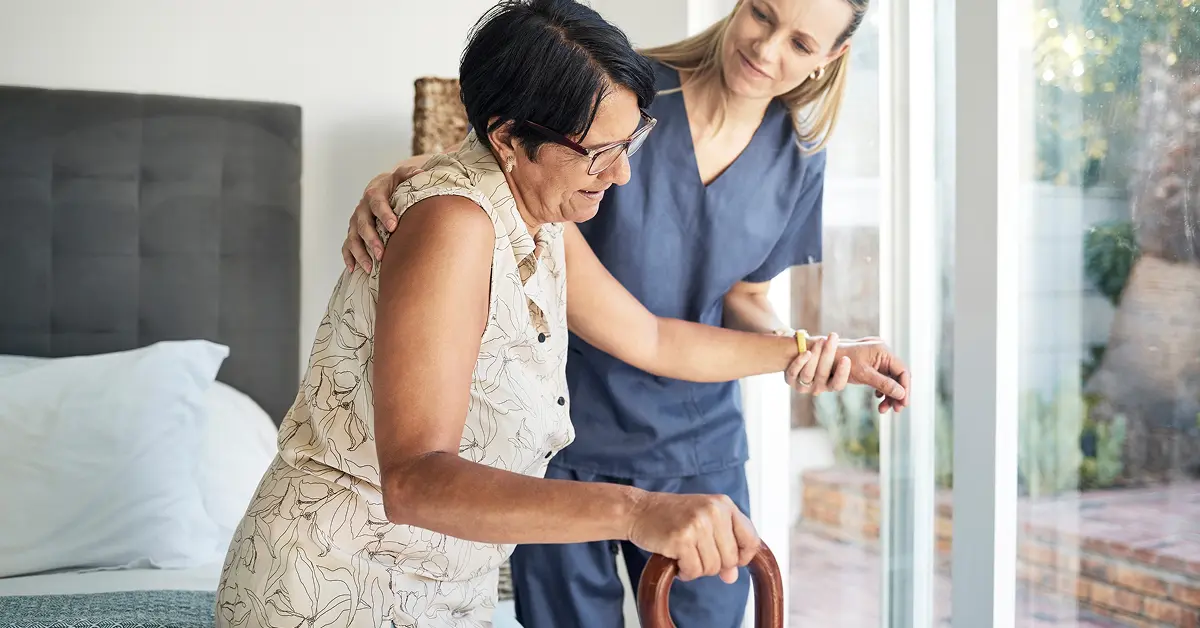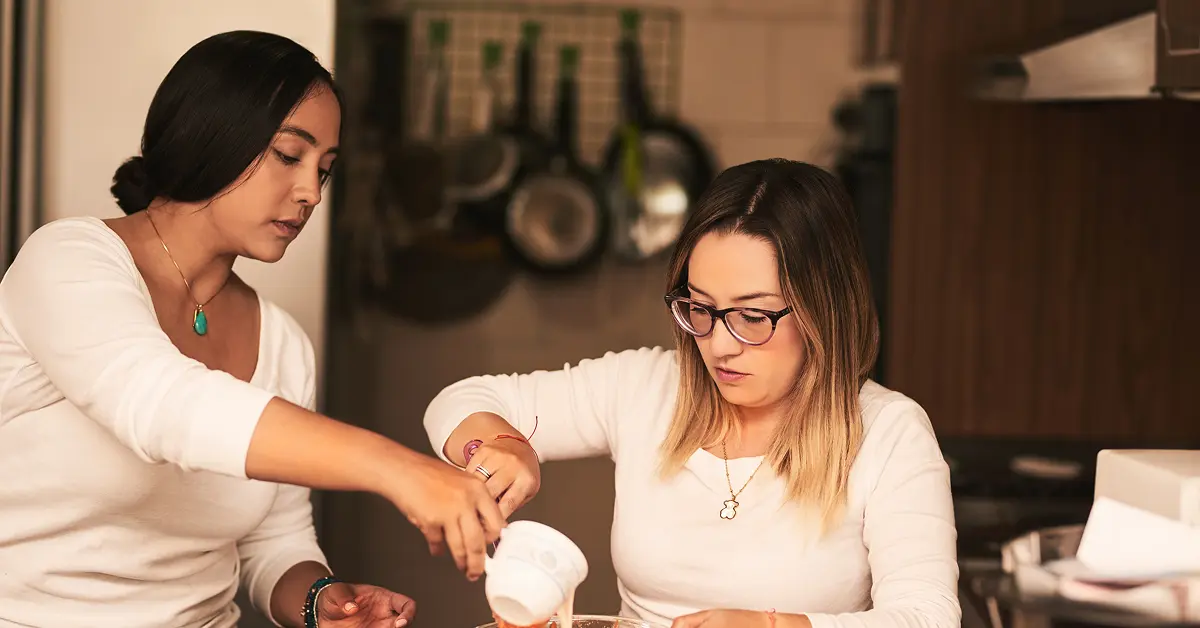A well-planned morning routine sets the tone for a comfortable and productive day, especially for individuals who require caregiver support. Trained caregivers follow specific techniques and structured procedures to ensure Patient Care feel refreshed, cared for, and ready for the day ahead. From hygiene maintenance to emotional motivation, every task is intentional and thoughtfully executed.
Here’s a comprehensive look into the morning preparation techniques used by trained caregivers, especially relevant to Indian households where caregiving often merges professional expertise with cultural sensitivity.
Starting the Day with a Calm Environment
Trained caregivers understand the importance of a peaceful and positive start. Instead of waking the patient abruptly, caregivers use gentle cues such as opening curtains to let in natural sunlight, softly greeting the person, or lightly patting their hand. This calm approach helps prevent morning anxiety, especially in older adults who may wake up confused or disoriented.
In Indian households, playing soft devotional music or lighting incense may be a cultural element incorporated into morning routines.
Assessing Physical and Emotional State
Before beginning any physical activity, trained caregivers quickly assess the patient’s physical and emotional condition. This includes checking:
- Signs of pain or discomfort
- Swelling or skin issues from overnight positioning
- Emotional cues such as mood, alertness, or confusion
A trained caregiver also notes changes that may need to be reported to a doctor or family member, ensuring that care is responsive rather than reactive.
Assistance with Toileting
Morning toileting is a priority and is managed with dignity and respect. Caregivers assist patients to the bathroom or provide a bedpan/urinal if the individual is bedridden. Hygiene practices include:
- Using gloves and sanitised equipment
- Thorough cleaning of private areas to prevent infections
- Applying prescribed creams or powders if needed
Incontinence care, if required, is managed discreetly to maintain the individual’s comfort and self-esteem.
Morning Bath and Hygiene Routine
Cleanliness is a cornerstone of caregiver service. A typical morning hygiene routine includes:
- Bathing or sponge cleaning: Depending on mobility, caregivers assist with a full-body bath or bed bath using warm water and mild soap.
- Oral care: Brushing teeth or cleaning dentures, followed by mouthwash.
- Hair grooming: Combing, tying hair, or oiling (especially in Indian contexts).
- Shaving or facial grooming for male patients, done safely with sterilised tools.
Special attention is given to areas like underarms, skin folds, and genitals to avoid fungal infections, especially in hot and humid Indian climates.
Skin Care and Dressing
After hygiene, the caregiver helps with skin care using moisturisers or medically prescribed lotions to keep the skin hydrated and rash-free.
- If the patient is diabetic or has bedsores, the caregiver applies medicated creams as per instructions.
- Fresh, comfortable clothing is selected based on weather and mobility.
- In Indian homes, caregivers often help elders dress in traditional wear like sarees or kurtas, respecting personal preferences.
Bed-Making and Room Organisation
Once the patient is fresh and dressed, caregivers change bed linen and tidy the room. This includes:
- Replacing soiled sheets or bed pads
- Fluffing pillows and rearranging comfort items
- Ensuring assistive devices like walkers, wheelchairs, or glasses are within reach
A clean, organised space promotes mental clarity and reduces fall risks, particularly important for ageing adults.
Hydration and Morning Medication
Before or after breakfast, trained caregivers provide water and administer medications as per schedule. Their responsibilities include:
- Ensuring the right dosage and time
- Logging medication administration in a journal
- Observing for side effects like dizziness or nausea
Some caregivers also check blood sugar or blood pressure levels for monitoring and update medical charts accordingly.
Nutritious Breakfast Assistance
Nutrition is a vital component of caregiving. Caregivers either prepare or assist with breakfast, ensuring it is:
- Balanced and suited to dietary needs (e.g., low salt, low sugar)
- Easy to chew and digest for elders or patients with swallowing issues
- Culturally appropriate—like providing upma, poha, or dalia instead of processed cereals
Feeding assistance may be provided to those who are bedridden or weak. Trained caregivers use slow feeding techniques and remain attentive to prevent choking.
Light Exercise or Mobility Support
Morning stretches or light exercises are integrated into routines to encourage mobility. This may include:
- Passive range-of-motion exercises for bedridden individuals
- Supported walking using mobility aids
- Chair yoga or breathing exercises for elders
In India, where traditional wellness practices are appreciated, caregivers may assist with simple yoga postures or pranayama sessions under supervision.
Mental Stimulation and Positivity
Mental well-being is as important as physical care. Trained caregivers encourage patients to:
- Read newspapers or religious texts
- Engage in short conversations
- Listen to music or chant mantras
- Start the day with positive affirmations
For patients with memory loss, caregivers may use photo albums or memory games to improve cognitive function and offer emotional reassurance.
Documentation and Communication
Lastly, caregivers maintain a log of:
- Medications administered
- Food and water intake
- Mood or behavioural changes
- Bowel and bladder activity
This record is valuable for both medical professionals and family members. Caregivers may also send daily WhatsApp updates or voice messages to family members, especially in metro cities like Mumbai, Delhi, or Bengaluru where adult children are often working professionals.
Final Thoughts
Morning preparation is not just about hygiene and breakfast—it’s about setting a peaceful, healthy tone for the rest of the day. Trained caregivers bring structure, empathy, and medical knowledge to create a routine that respects the dignity and individuality of each person.
In India, where family bonds are deeply valued, professional caregivers play a vital bridge role—supporting both medical needs and cultural expectations. Whether you are hiring a caregiver for an elderly parent or a recovering loved one, understanding these morning preparation techniques can help ensure better collaboration and peace of mind.
Looking for professional caregiver support at home in India? Ensure your loved ones receive compassionate and expert care every morning with verified caregivers trained in hygiene, mobility, and patient comfort.
Contents
- Starting the Day with a Calm Environment
- Assessing Physical and Emotional State
- Assistance with Toileting
- Morning Bath and Hygiene Routine
- Skin Care and Dressing
- Bed-Making and Room Organisation
- Hydration and Morning Medication
- Nutritious Breakfast Assistance
- Light Exercise or Mobility Support
- Mental Stimulation and Positivity
- Documentation and Communication
- Final Thoughts
Our 24*7 services
Latest Posts
- What Is Respite Care and Why Is It Important
- Affordable home care for senior citizens in India
- Caring for Seniors with Dementia or Alzheimer's at Home
- Senior Caregiving A Guide for Every Family
- How to Write a Caregiver Resume That Gets You Hired
- How Care After Hospital Discharge Speeds Up Recovery at Home
- How to Get Home Health Care for Seniors Through Medicare
- What Does a Senior Citizen Caregiver Really Do at Home
- How to Care for Elderly Parents with Alzheimer’s or Dementia
- How to Get 24-Hour Care for Seniors at Home



